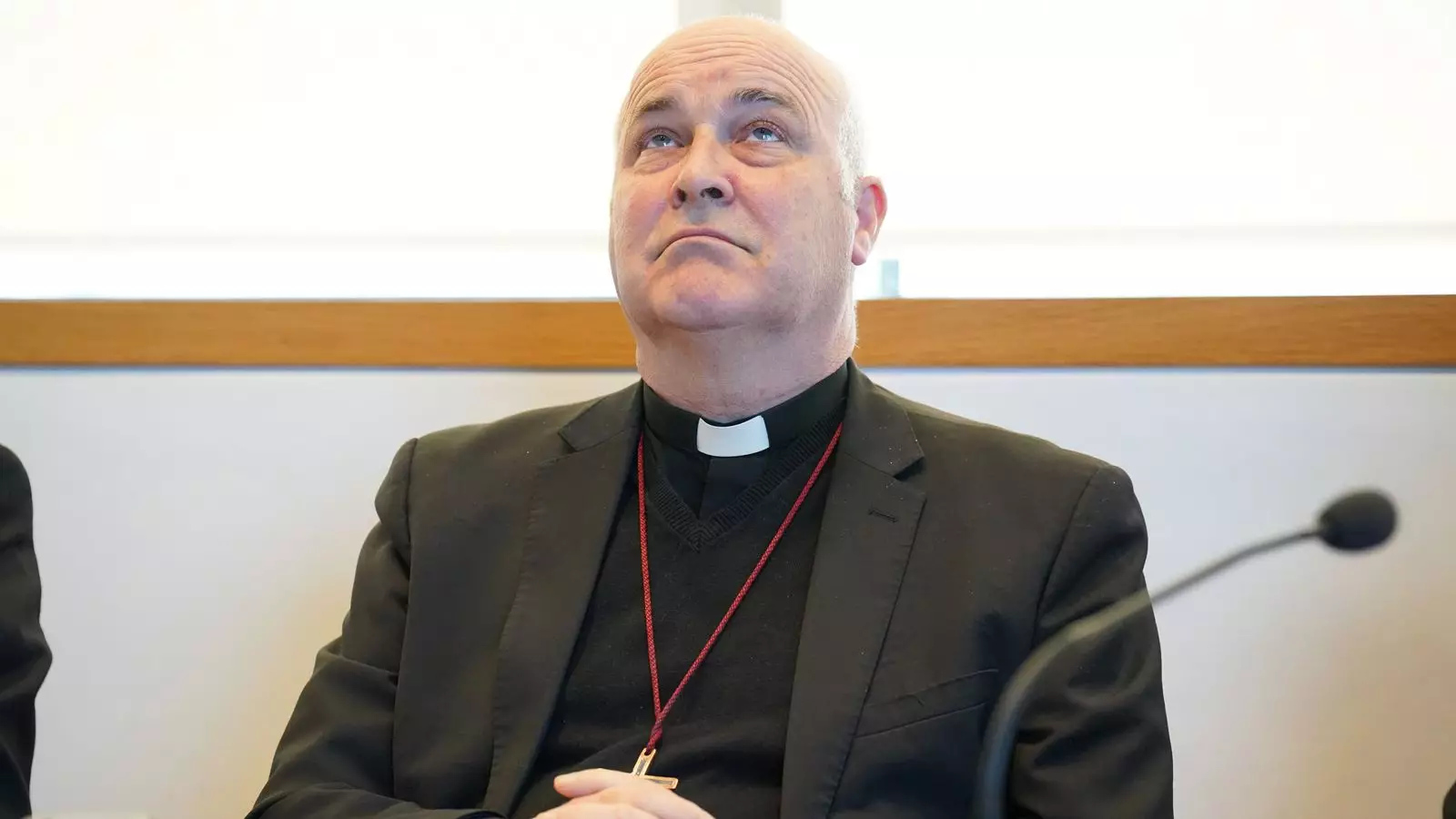In a significant moment for the Church of England, Archbishop Stephen Cottrell’s Christmas Day sermon is poised to carry deep implications as he urges the institution to “kneel in penitence” and embrace necessary change. This plea comes on the heels of persistent criticism surrounding how the Church has navigated numerous abuse scandals, highlighting the need for introspection and a radical shift in mindset within the ecclesiastical community. Such calls for transformation resonate profoundly, as the Church grapples not only with its legacy but also with the very essence of its mission.
Cottrell is stepping into a notably challenging role following Archbishop Justin Welby’s announcement of resignation, set for January 6. This transition arrives at a precarious juncture, particularly after a recent report implicated Welby in failures to act on allegations surrounding notorious abuser John Smyth. Questions about accountability and leadership oversight loom large, essentially rendering Cottrell the Church’s interim helmsman at a time when moral clarity is desperately needed.
Adding another layer of complexity to Cottrell’s position is his own history with the Church’s sexual misconduct cases. The reappointment of David Tudor, a priest embroiled in abuse allegations while Cottrell served as bishop, has sparked discontent, prompting calls for his resignation by victims who feel marginalized by the Church’s handling of their cases. The outcry illustrates the profound difficulties the institution faces in restoring trust and credibility, casting shadows over Cottrell’s authority.
Set against this backdrop, Cottrell’s anticipated sermon at York Minster seeks to highlight the potent symbolism of the Christmas narrative through the lens of vulnerability. By reflecting on the infant Jesus, he aims to convey a powerful message about the Church’s responsibility to prioritize love and compassion over institutional power. He posits that the embodiment of love, especially in times of crisis, lies at the core of the Church’s mission.
In highlighting the plight of the ‘holy family’ and those suffering from social injustices, Cottrell underscores the urgent need for the Church to align its actions with its professed values. It is a call to action for congregants to embody love in tangible ways, addressing the plight of the cold, hungry, and marginalized this Christmas. Such an exhortation finds resonance amidst an era where many feel disillusioned not only by the Church’s scandalous past but also by its potential future.
Criticism and Credibility Issues
Despite the hopeful tone of Cottrell’s message, skepticism persists among Church leaders and abuse survivors about whether he can genuinely rekindle faith in the Church’s leadership. Bishop Helen-Ann Hartley’s pointed question regarding Cottrell’s credibility reflects a sentiment shared by many within and outside the Church. Similarly, Bishop Rachel Treweek’s withholding of public support further accentuates the struggles facing the Archbishop.
The situation sheds light on a vital paradox: in a structure designed to emanate moral authority, the fallout from governance failures undermines its very foundation. The hesitance of Church leaders to publicly back Cottrell points to a broader crisis of confidence, amplifying calls for accountability and genuine reform.
A Vision for Hope Amidst Uncertainty
As Cottrell prepares to deliver his sermon, the parallel narrative unfolding at Canterbury Cathedral, led by Bishop Rose Hudson-Wilkin, presents a contrasting perspective of “light and hope” triumphing over despair. This duality captures the tensions within the Church, encapsulating a profound struggle between uplifting messages of faith and the harsh realities of past failings.
The Church of England stands at a crossroads, where the imperative for penance must align seamlessly with a revitalized commitment to justice and compassion. It is imperative for its leaders, especially those like Cottrell, to transform rhetoric into action. The path forward hinges on the Church acknowledging its shortcomings while fostering a renewed dedication to healing and serving its communities, embodying the very love it seeks to proclaim.
In this transformative space, the Church’s potential for renewal lies not only in its spiritual teachings but also in its unabashed readiness to confront and rectify its past. Only then can it aspire to regain the trust of those it serves and fulfill its mission of love and service.


Leave a Reply